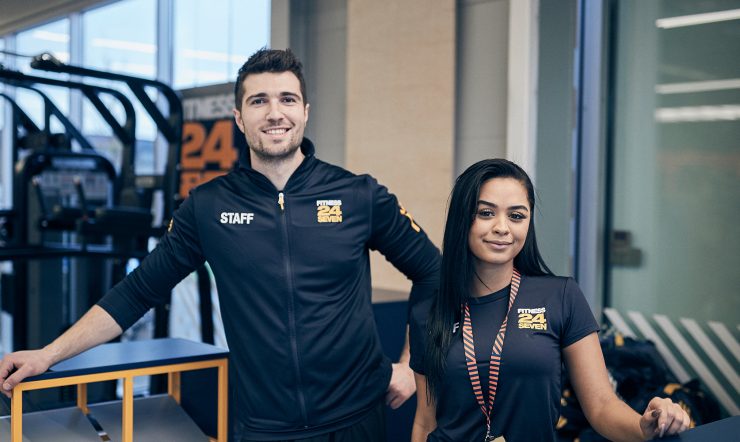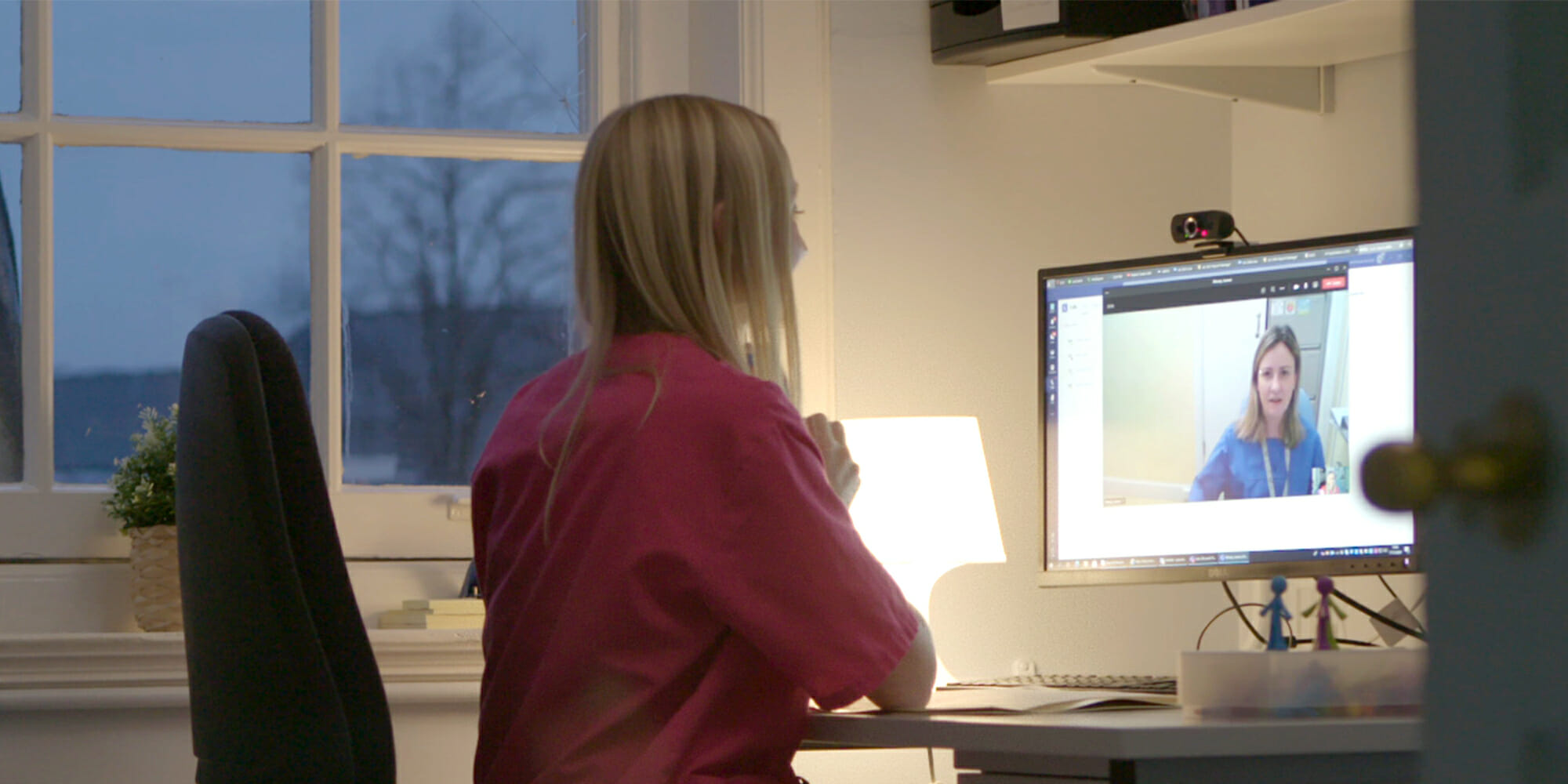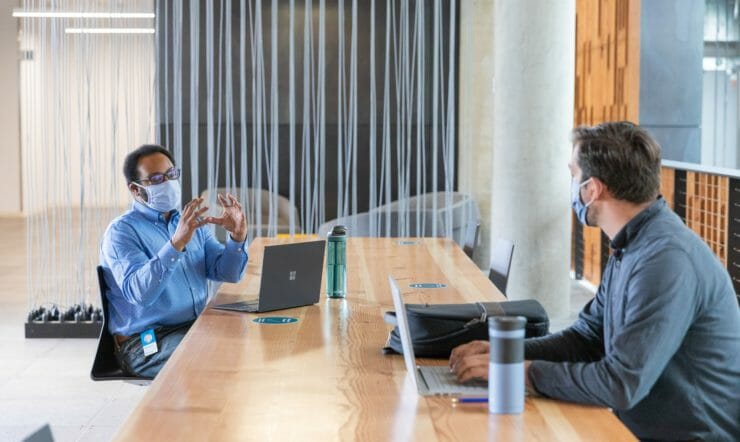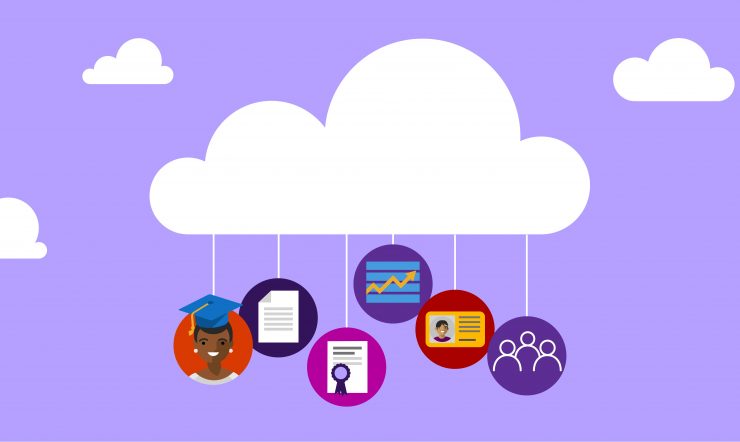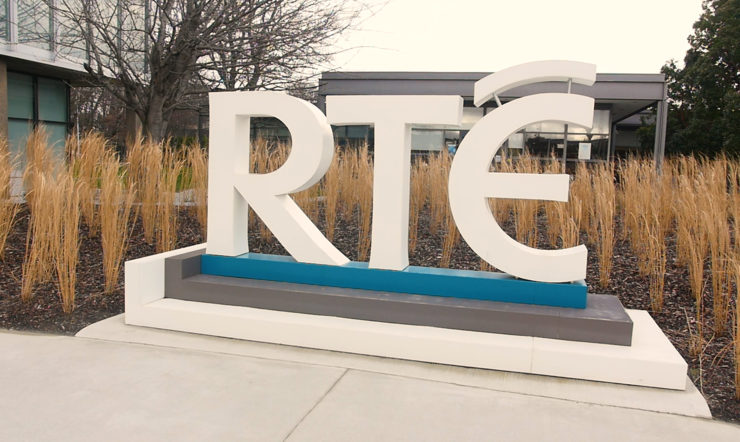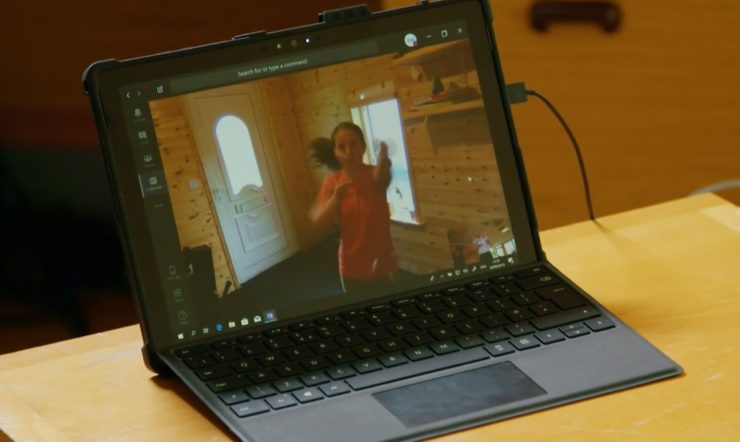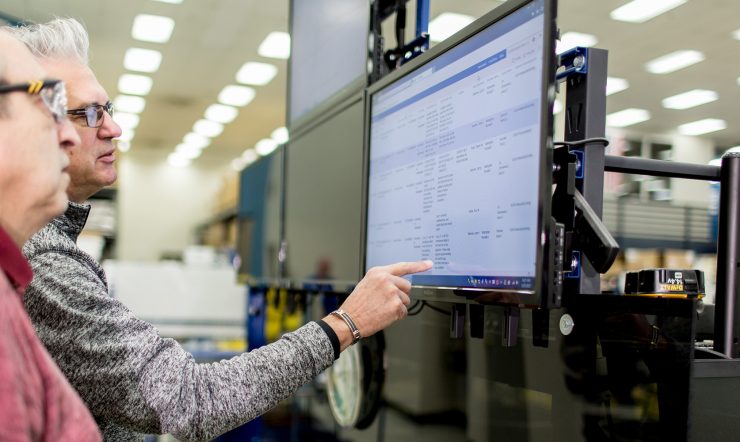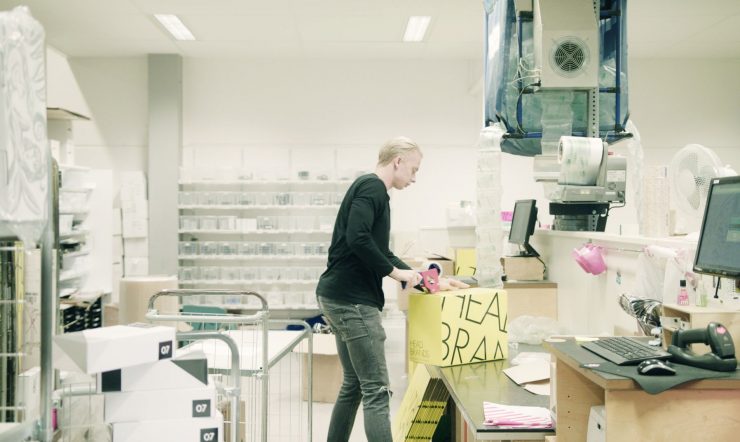“There have been many heroic actions by our staff but we’re not heroes for what we’ve done – I’m just glad we could do our bit to help.”
Paul Duffy, Co-Director of IT and Telecommunications at Belfast Trust, is talking about the monumental impact COVID-19 has had on the healthcare sector and how virtual consultations became a much-needed lifeline.
“Everyone across healthcare faces the same challenges, and this period has made things more difficult and dangerous than ever,” says Duffy. “We knew COVID-19 was coming since last January. We thought as long as we could do our jobs two meters apart, we could still put patients first – that was the culture of our organisation at the time.
“But the minute lockdown started in March last year there were no physical meetings. The health and safety of everyone became our top priority, so almost overnight we needed a new solution. A way to still get together and make decisions, and if anything, make them faster than we’ve ever had to before.
“For us, that was Microsoft Teams.”
Responding to a global crisis
Belfast Trust is the largest integrated health and social care trust in the United Kingdom, employing 23,000 people who help treat over 340,000 patients across more than 100 hospital and facilities in Northern Ireland.
Back in 2018, Belfast Trust began a cloud-first digital transformation, implementing Microsoft 365 across the organisation and trialing new innovative ways of working, like using Microsoft Teams for virtual consultations. With nearly 5,000 clinics to align to this new way of working and a variety of security and data regulations to meet, the project team had to move gradually – planning a significant multi-year change management and adoption programme before moving ahead.
Then COVID-19 hit, and timings went out the window.
“Fortunately, the hard work had already been done before COVID-19, so we were ready to implement Teams when the time came,” says Duffy.
“The fact that it was cloud based made it a real winner – an instant way to support meetings from home and make sure important decisions weren’t delayed. And with integration into other Microsoft 365 tools, we could easily manage a range of devices remotely and always align with our own governance and security regulations.
“With everyone already starting to work from home we didn’t have time for the roll-out we planned, so our first job was making sure Teams was the only platform everyone was using across Belfast Trust.”
A digital roll-out for remote working
By March 2020, Belfast Trust had implemented Microsoft 365 across the organisation and already had 3,000 people using Microsoft Teams regularly without needing a push from IT.
“Everyone had the hardware and just needed training, although month after month more people were discovering the benefits of Teams by themselves,” explains Keren Moleon, Systems Specialist at Belfast Trust.
“We had planned physical workshops to launch Teams with help from Microsoft and our partner PA Consulting. But once we heard about COVID-19, we quickly adapted this into a digital plan and online training that focused more on remote working.”
Staff across Belfast Trust used a specially-created Power App to choose relevant training sessions and join them through Microsoft Teams, helping show not only how team meetings could continue online, but also how live events such as patient support groups could be adapted during the lockdown.
“By May we had it all delivered, helping prepare us for the peak period over the summer,” says Moleon. “And overnight people didn’t need IT’s help anymore – and were instead asking us for more features.
“Even our executive team love it, and are now planning to run town hall events with our Chief Exec and Senior Leaders on Teams where they can take questions from any of our 23,000 staff – something that we could never facilitate at a live physical event.”
Continuing patient care from a distance
With strict social distancing rules now in place, Belfast Trust needed to help support patients remotely and continue providing face-to-face care in a secure way. “We were already offering telephone consultations before COVID-19, but overnight we also launched our virtual video consultations through Teams,” says Moleon.
“At the time it was a manual process to collect patient data and ensure data security, but it allowed us to quickly support our highly-vulnerable patient groups when the lockdown started.”
Belfast Trust worked with Microsoft Digital Advisory Services, Microsoft Customer Success Unit and PA Consulting to evolve this into a more scalable solution that is integrated through the trust’s Microsoft 365 platform. This included automations built through the Microsoft Teams API to collect patient information and record consultations, with all data securely stored in the hospitals Electronic Patient Record (EPR) system.
“We’ve already had success using this new system within our pediatric neurosurgery, hepatology liver transplant, adult neurology and thoracic sleep medicine clinic – and now we’re in the process of rolling it out across the rest of our organisation,” adds Moleon.
“Many of our patients actually prefer these virtual consultations as they can stay where they are. For us, knowing we’re delivering a service that is wrapped in a Microsoft security blanket will help us make Teams a more permanent part of our outpatients process in the future.”
Changing patient healthcare forever
With COVID-19 putting digital dependence at front and center of the healthcare sector, organistions like Belfast Trust are continuing to embrace technology and find new ways to help and treat patients. It’s a shift that has changed the people as well as the trust and is something Duffy doesn’t think will stop there.
“It’s become as normal as using the phone system and created different levels of culture within the organization that came from practicalities, not IT,” says Duffy. “Now that we’ve embraced digital as far as communication and decision making is concerned, there’s no going back.”
“It’s like that old World War poster, ‘daddy, what did you do in the war?’ – I want our team to feel very proud of what we did to contribute to healthcare during this period. We’re not directly saving lives like people on the frontline, but take away Microsoft Teams, and our response as an organisation would have been very different.”
